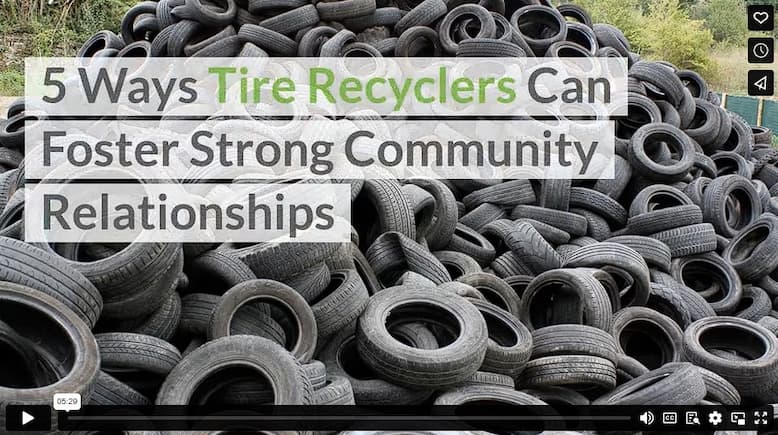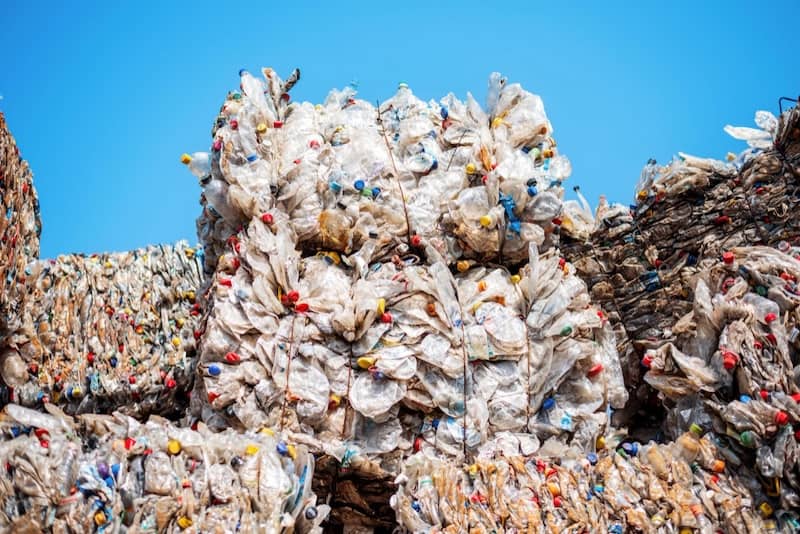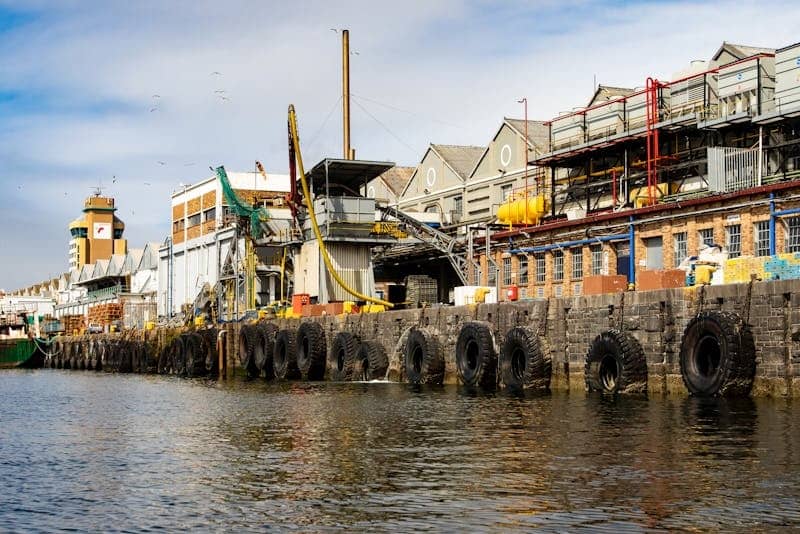Businesses, especially small businesses, thrive when they are built on a foundation of community relationships. Success becomes a constant uphill battle if the locals don’t know about your business, or worse, know about it and don’t support it. If locals support your business, they can be your best advertisers simply by sharing the good things about your business.
Tire recycling, in general, is a niche business many people know very little about. This makes building a relationship all the more critical in order to source scrap tires in the cheapest way and successfully market tire recycling plant outputs.
1. Reach Out to Local Auto Shops
Auto shops are the best place to start when setting up in a new community. Almost everyone visits the auto shop at some point. If the auto shop is connected with your recycling business, speaks well of it, and supplies you with old tires, you’re well on your way to community recognition and trust.
Many areas have a wide range of auto shops. Some are part of big auto mechanic chains. Others are local start-ups. Make sure to reach out to all types in order to have the best chance of finding great suppliers and helping everyone feel included in the tire recycling process.
2. Become a School Field Trip Destination
One of the best ways to foster relationships with communities is through school programs. Approaching elementary schools and offering a field trip as part of their curriculum will help people know about your business and give you a fantastic opportunity to educate teachers and students about waste tire disposal.
Field trips might sound like a complicated activity to host. However, don’t make it overly complex, and it will hardly take any extra time. Some highlights of the day could include:
- Showing the class the scrap tire pile.
- Walking them through the tire recycling line, explaining the different pieces of tire recycling equipment.
- Giving them hands-on experience with the end product, whether that’s a piece of Tire Derived Fuel or a handful of rubber mulch.
- Explain why proper waste tire disposal is important and where they might see the end products in their daily life (playground, artificial turfs, etc.)
If you want to go all out, you could create a playground out of old tires nearby for the kids to play on during a break.
3. Make Giving Back a Priority.
Nobody likes, or trusts, companies that solely focus on making money. Of course, increasing profits is an integral part of running a successful recycling plant. However, knowing that a business is doing good things in the community is becoming more important to consumers and resource providers. Local companies that hire local employees win the support of those around them. Some ways to give back include:
- Donating some profits to charitable organizations
- Giving old office or staff room equipment to second-hand stores
- Supporting local events like rodeos, music festivals, or holiday celebrations
Incorporate some or all of these practices into your official corporate social responsibility approach. Finding the balance between giving back and working towards business growth can be a learning curve. Feedback from employees and others is the best way to know whether you’re doing it right.
4. Organize a Clean Up Event
Every business can talk about how green and sustainable they are, but few take the time to put action behind their words. Recycling companies who walk the walk outside of the tire recycling plant will impress consumers and scrap tire suppliers. Events also provide your business with the perfect opportunity to connect with people in the local population.
One great model of this kind of event is called “plogging.” Plogging is a Swedish activity that mixes jogging with picking up litter. Plogging, like jogging, is especially effective and enjoyable when it’s a group of people all doing it together. Organizing a “plog” along a road, walkway, or around a park is a low-cost activity that everyone can participate in.
5. Support Other Local Businesses
What comes around goes around. When building relationships, this classic saying is especially true. Here are some ideas for where to start
Coffee Shops – Going to Starbucks for your morning caffeine boost may be how you are used to starting your day, but it might not help you establish yourself in the local community as much as buying from a local vendor.
Farmers Markets – Buying local produce is one of the best ways to support local farmers, decrease your carbon footprint, and get to know your community. Fruits and vegetables are often cheaper and more flavorful than grocery store produce as well.
Sustainability Projects – Almost all areas have some sustainability initiatives underway by NGOs and local groups. Whether it’s protecting a threatened species, planting trees, or cleaning up a waterway. Helping local businesses with similar priorities to your own are some of the most important connections to make.
Have Patience
Brand awareness doesn’t happen overnight. Relationships, more than almost anything else, take time. So be patient when it comes to establishing yourself in a new community. Not all of these tips for becoming a part of the community will suit your business model or local town. That’s okay. Simply making an effort to give back to your local community will make a huge difference in how people speak about and do business with your company.
Video





